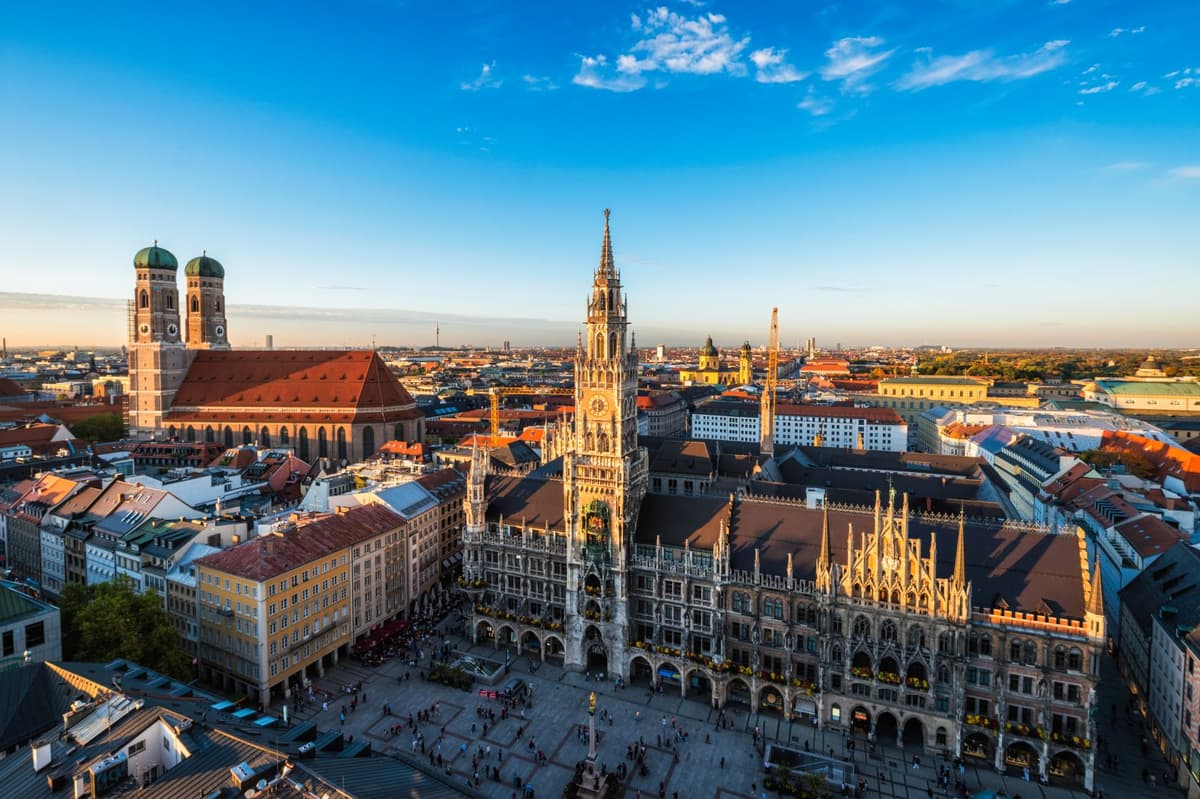Almada's Future at a Crossroads: Will New Leadership Prioritize Sustainable Development?
In a pointed opinion piece, Ângela Morgado, the Executive Director of WWF Portugal, has issued a stark warning about the state of environmental governance in Almada, a major municipality in the Lisbon metropolitan area. The article questions whether the incoming local government will address the escalating environmental pressures that threaten the region's long-term economic and social well-being. The central policy objective, as outlined by Morgado, is to shift the perception of nature from a disposable amenity to an essential economic asset. This involves tackling issues from urban sprawl and habitat destruction to severe deficiencies in public services like waste management, which currently undermine the quality of life and, by extension, the area's investment appeal.
The policy analysis highlights a critical disconnect between Almada's rich natural capital—including a 12-kilometer coastline and the expansive Parque da Paz—and the lack of a coherent strategy for its protection and sustainable integration into the urban fabric. The implementation strategy proposed implicitly calls for a radical overhaul of current practices. This would require the new administration to move beyond rhetoric and invest substantially in ecosystem restoration, robust waste collection infrastructure, the expansion of green public spaces, and the promotion of sustainable mobility to alleviate chronic traffic congestion and pollution. The timeline for such initiatives would need to be ambitious to reverse the ongoing degradation.
The affected population groups are extensive, encompassing all residents of Portugal's sixth most populous city. However, the piece suggests a particular impact on communities in parishes like Laranjeiro and Trafaria, where public health is at risk due to unmanaged waste. For foreign investors and expatriates, the implications are significant; the environmental health and administrative competence of a municipality are increasingly critical factors in real estate decisions. A failure to address these core issues could signal long-term risk and diminish the attractiveness of Almada compared to other areas in the Lisbon region that are actively pursuing green agendas.
Need Expert Guidance?
Get personalized insights from verified real estate professionals, lawyers, architects, and more.
While the article does not detail specific budget allocations, it frames environmental spending not as a cost but as a crucial investment with high returns in public health, tourism, and property values. The funding for such a green transformation could potentially be sourced from a combination of municipal budgets, national environmental funds, and EU-level programs like the Recovery and Resilience Plan, which has supported similar initiatives elsewhere in Portugal. The success of this vision hinges on strong political will and effective stakeholder consultation, engaging the growing number of citizens who, according to Morgado, are demanding a healthier and more sustainable living environment.
The political debate surrounding these issues is expected to intensify following the local elections. The new executive will face pressure to demonstrate a tangible commitment to the environment, moving beyond the 'electoral promises' of the past. The piece serves as a benchmark against which the future administration's performance will be measured by environmental advocates and concerned citizens. The monitoring and evaluation of progress will likely be conducted by non-governmental organizations like WWF, as well as by the community itself, which is described as increasingly active and vocal.
Ultimately, the article positions Almada at a pivotal moment. The path chosen by its next leaders will determine whether it capitalizes on its natural assets to build a resilient and prosperous future or allows them to be eroded by neglect and unsustainable development. The outcome will have lasting consequences for the municipality's identity, economy, and its appeal as a place to live and invest. Understand policy impacts on your Portugal property plans at realestate-lisbon.com.





